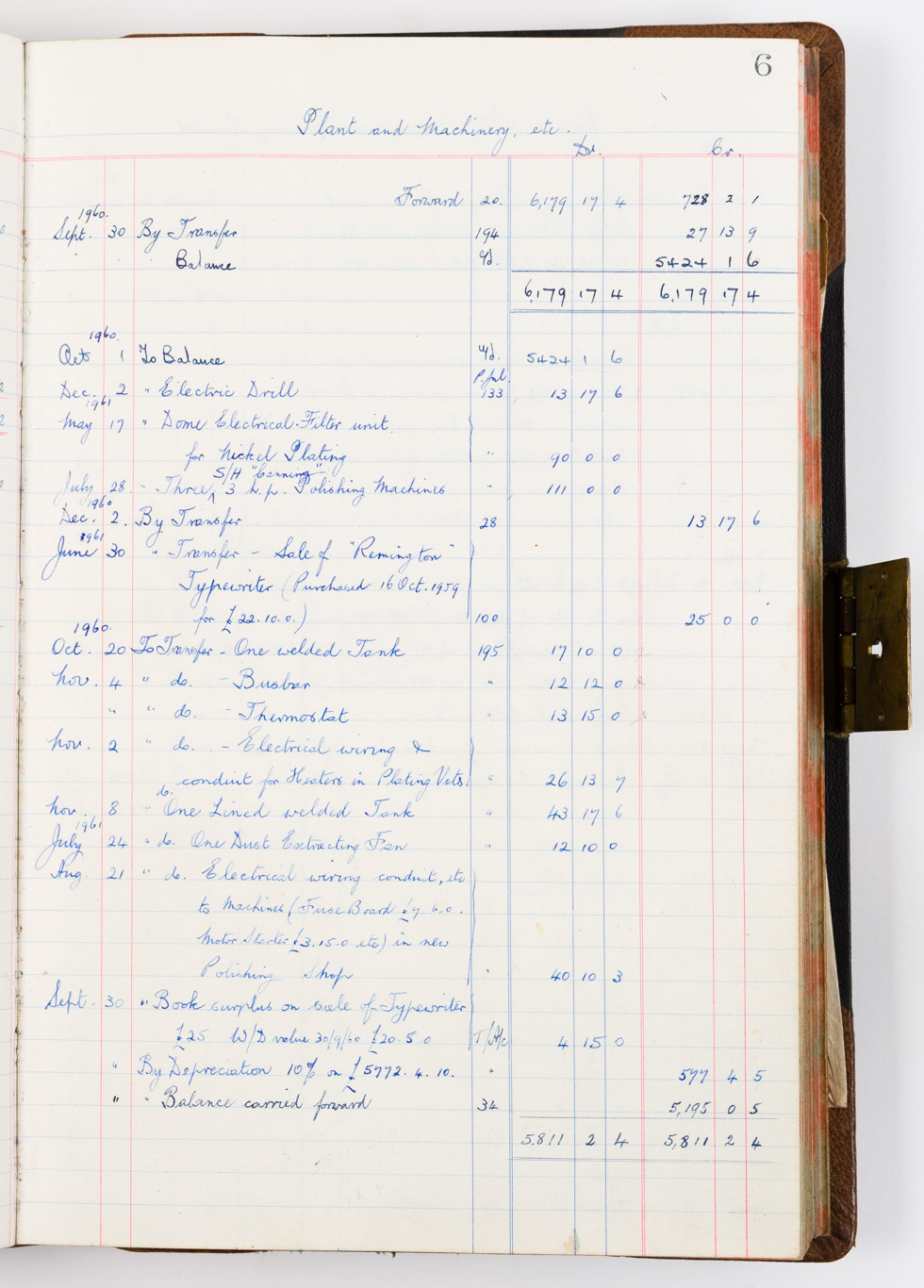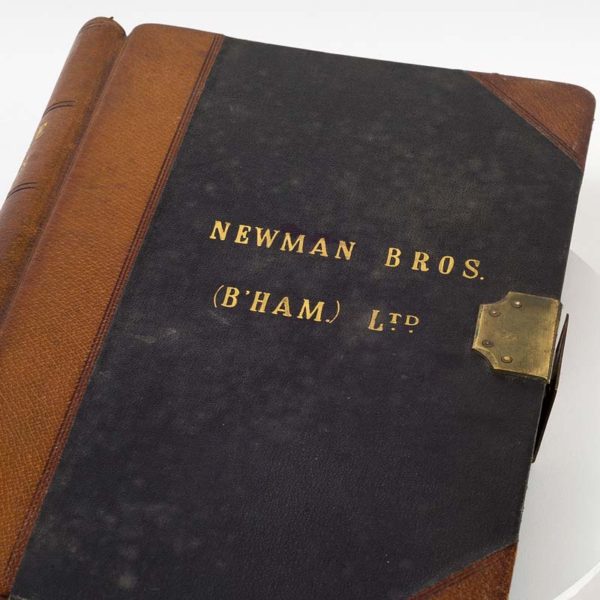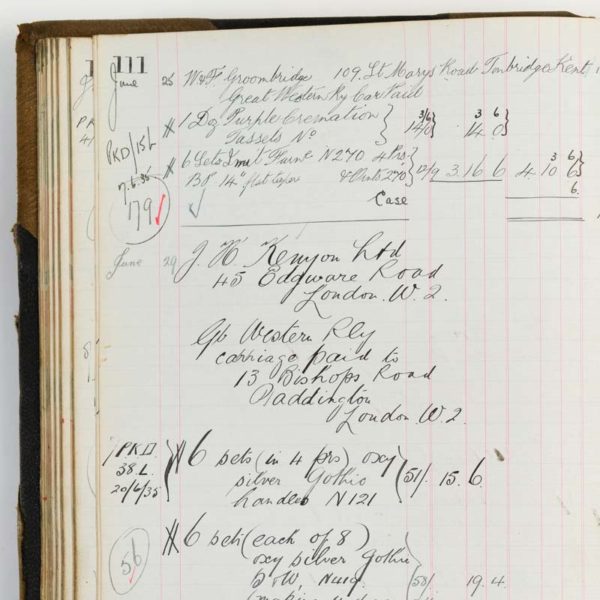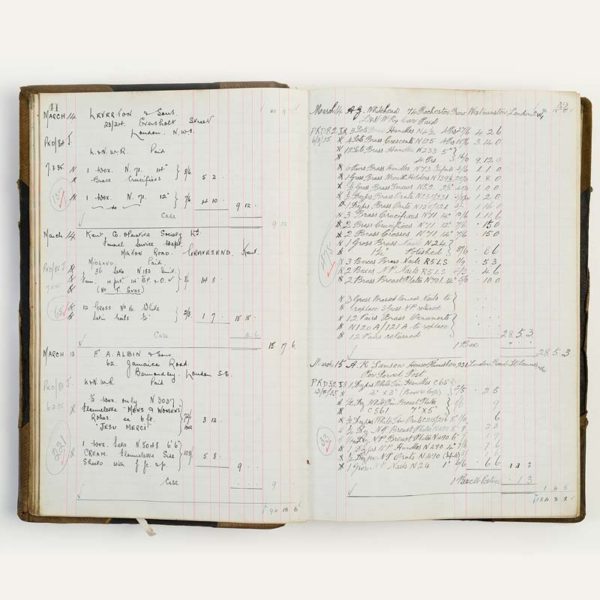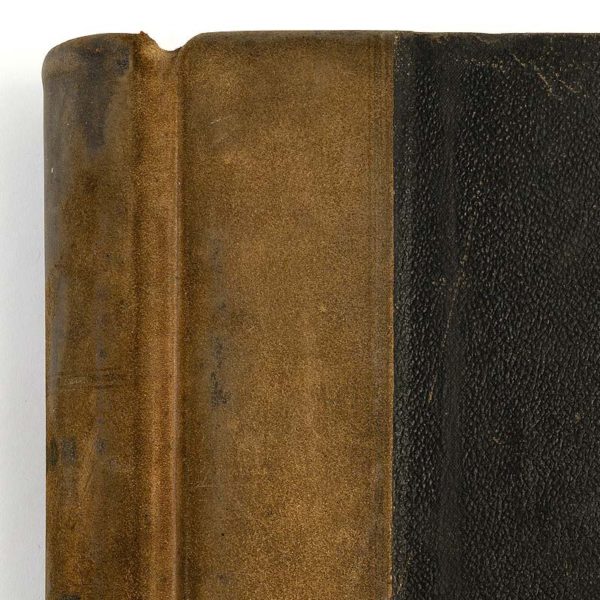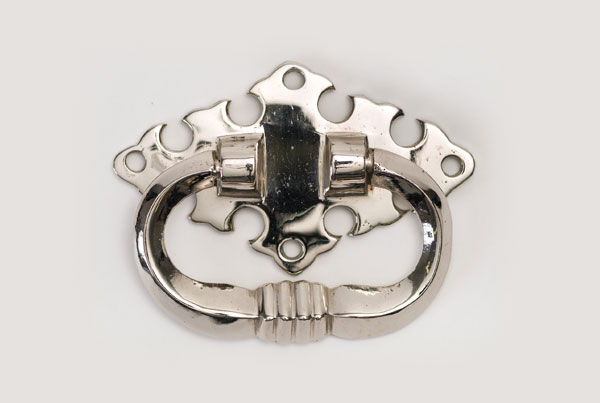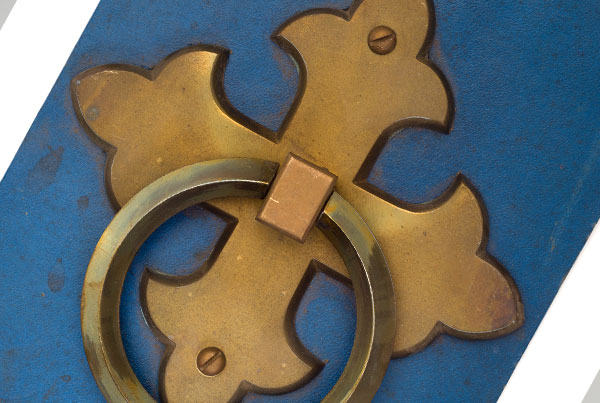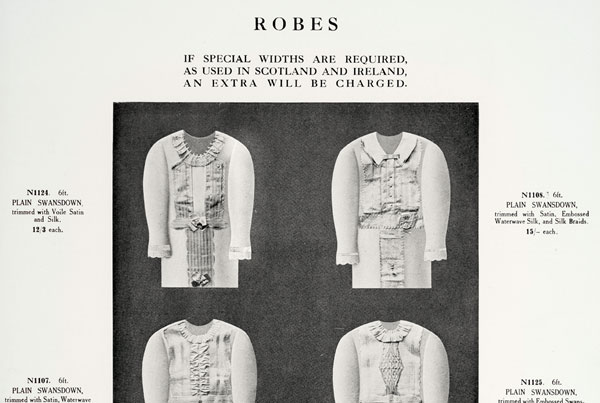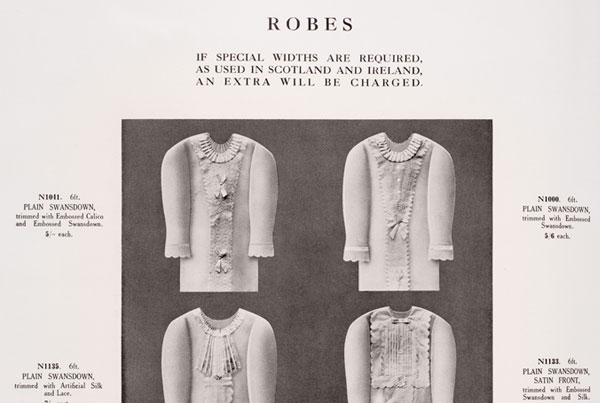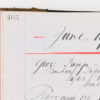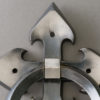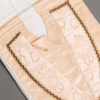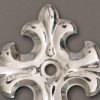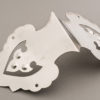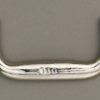Date: 1949
Material: Organic / Paper
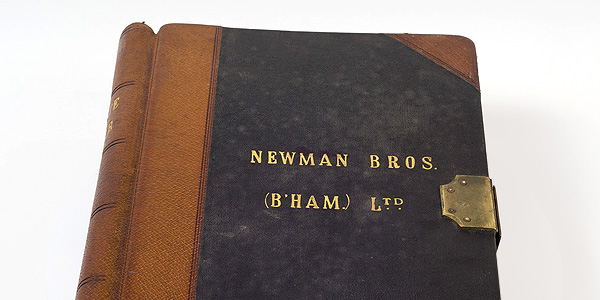
The beginning of a company
Newman Brothers ‘set up shop’ at a time when metal working in Birmingham was booming. Moreover, the coffin furniture industry was at its zenith, with the highest number of master coffin furniture manufacturers registered in Birmingham at its peak. Newman Brothers were relatively late to the trade in 1894, but seemingly saw a gap in the market to specialise in this industry, with the material of choice: brass.
As brass founders making cabinet fittings, they had honed the skills to make quality coffin fittings too. After all, the manufacturing process for a cabinet handle was no different from that for a coffin. The end usage however, made coffin handles more profitable because the same quality brass handles were placed on something that would only be displayed in a home for three days, rather than three decades. Quite simply, the disposable nature of the coffin as opposed to the permanence of the cabinet meant that more money could be made. The transient nature of the funeral was simply bigger business than the permanence of home furnishings.
Over the hundred years that the factory was in business, society changed greatly, and with it attitudes to death and funerals. Newman Brothers represents a period when the fashion for lavish funerals was at its peak, and it declined as attitudes changed, especially after the Second World War. Indeed, so old fashioned was the factory that some of the machinery is original, and nearly everything else was very out of date by the time the factory closed in 1998.
The last proprietor, Joyce Green, who had worked at the factory for 50 years, realised what a special place it was, and was determined to preserve it as a museum. Heritage organisations agreed, and although it took 15 years, in 2014 Birmingham Conservation Trust was proud to re-open the factory as a heritage attraction. Unfortunately, Joyce did not live to see this day.
This object is in the following Themes:
Watch the short film below to learn about the decline of Newman Brothers
From the 1960s onwards
The product range was significantly reduced from the 1960s onwards, this coincides with the general downturn of the trade and the rise of cremation. Why? Quite simply because new regulations around cremation from 1967 onwards demanded that all coffin fittings should be combustible, which meant plastic had to be used
50% of all funerals in the 1960s ended in a cremation, with the remaining 50% being burials. Newman brothers therefore had to mainly target the burial market. They did, however, attempt to diversify by having their most popular products made in plastic, but the mark-up just couldn’t compete with their metal range. This, combined with changing attitudes towards death and society’s reluctance to embrace it as the Victorians had once done, meant that the market for extravagant metal furniture and the expense of the funeral itself were in decline. By the 1960s, Newman Brothers were only one of three coffin furniture manufacturers left in Birmingham. By 1998, they were the last.
360° View of a Newman Bros. Ledger
Use the play button to rotate the object automatically, or alternatively you can drag the item with the mouse or your finger to move it around.
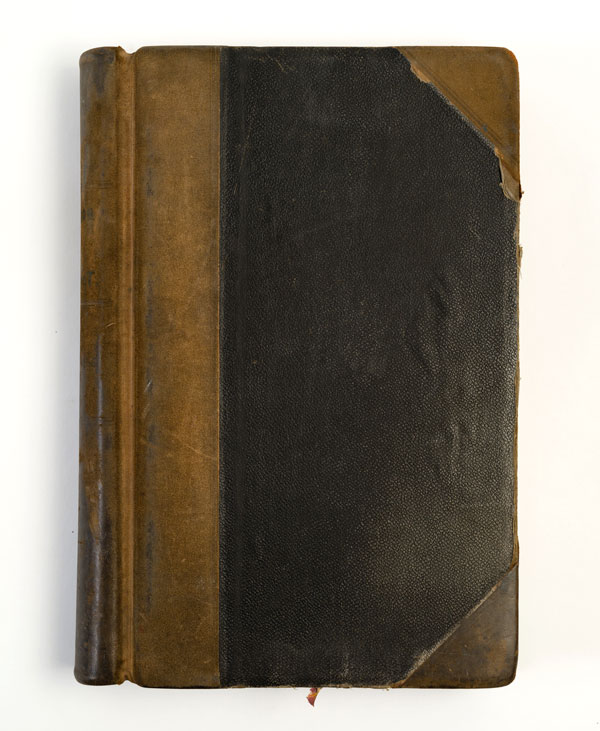
This item is in the following Theme:


